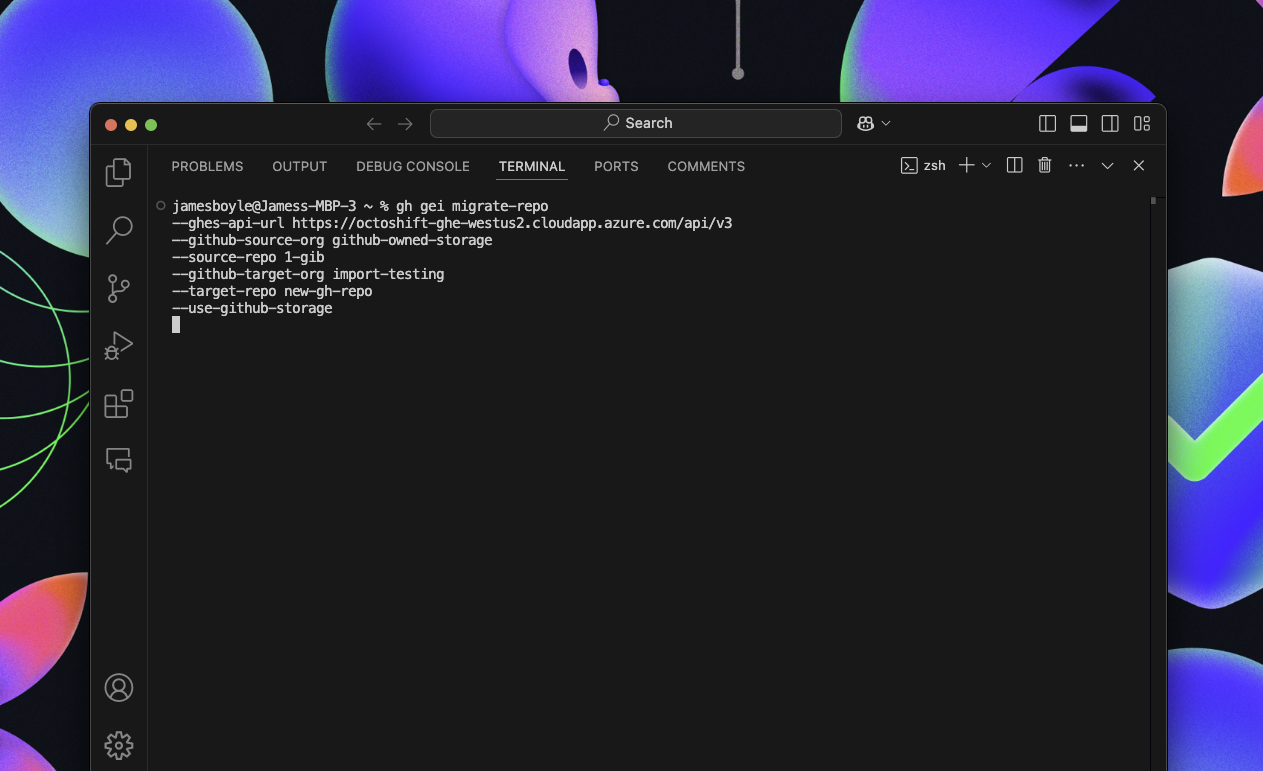We are excited to announce the launch of new governance at scale features for enterprise accounts in public preview. This preview includes enterprise custom repository properties, enterprise repository policies and enterprise rulesets to help enterprise administrators manage more at greater scale.
Check out this video on managing your repositories at scale across the enterprise and learn more below.
Enterprise custom properties
Enterprise customers can now enrich repositories with metadata and govern protections for branches, pushes, and tags across your entire enterprise using repository custom properties and rulesets.
With custom properties available at the enterprise level, you can ensure consistent properties across organizations without manual synchronization and de-duplication. Enterprise and organization properties share a common namespace to prevent confusion when searching or targeting rulesets with properties.
To learn more about enterprise custom properties, head over to the docs.
Enterprise rulesets
Enterprise-level rulesets enforce consistent code governance rules to ensure thorough reviews of critical repositories with pull requests, and protect important locations from unauthorized pushes. Rule insights and push rule bypasses are also available at the enterprise level, providing complete visibility into the rulesets.
Enterprise repository policy
We are also introducing repository policies, which allow you to effectively manage repository lifecycle events such as deletions and visibility from the enterprise level. Enterprise administrators can target enterprise polices over repositories in organizations, as well as repositories homed under personal namespaces for any company using enterprise managed users.
Repository policies extend the ruleset framework to help you govern repositories beyond the code itself. These policies manage lifecycle events, enhancing the security, compliance and resilience of your repositories. You can enable repository policies per organization, and the preview launches with five policies:
– Restrict visibility
– Restrict creations
– Restrict deletions
– Restrict transfers
– Restrict names
To learn more about enterprise repository policy, head over to the docs.
Feedback
To ask questions or share feedback, join our discussion in the GitHub Community.


